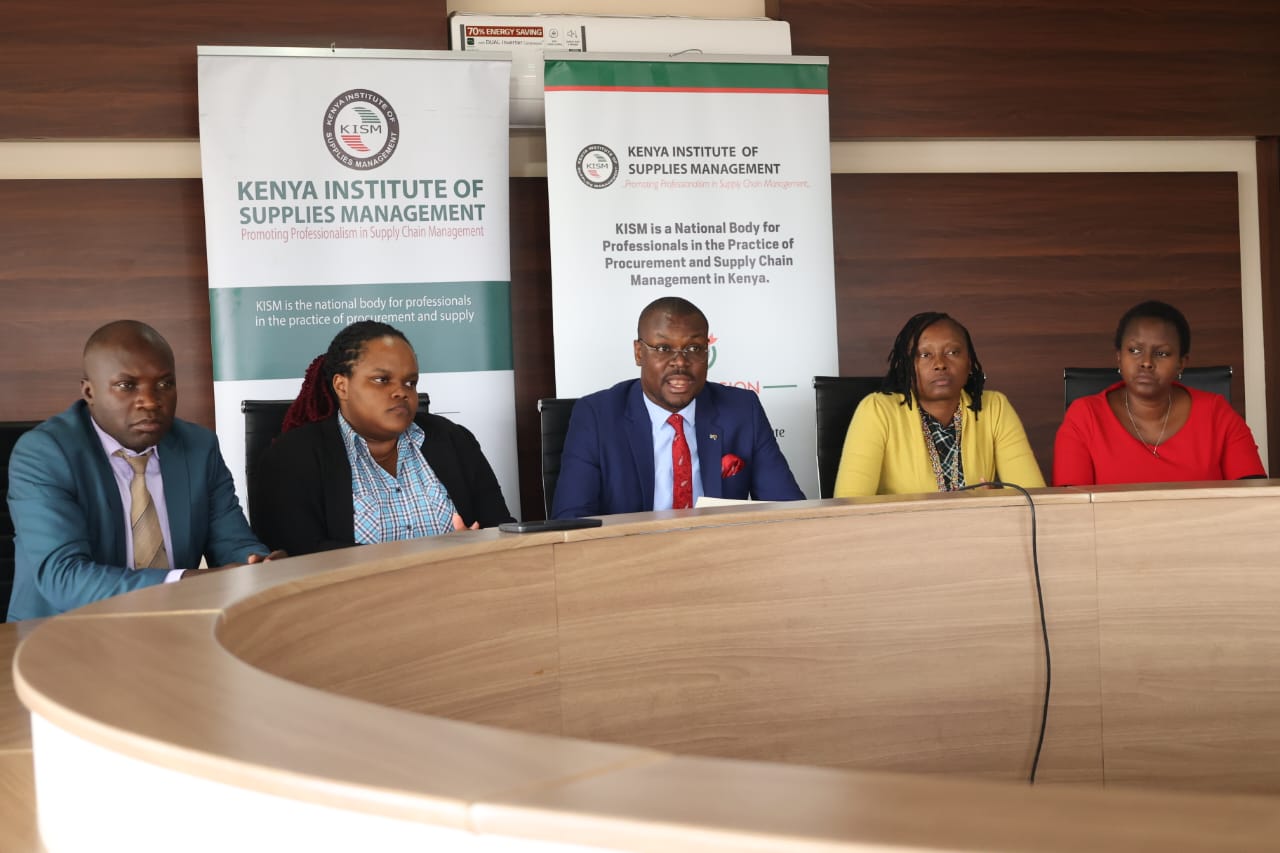By George Asamani
The world will need up to 30 million new project professionals by 2035 to keep pace with surging demand, according to a new Global Project Management Talent Gap report from the Project Management Institute (PMI).
As economic uncertainty, digital transformation, and rapid disruption reshape industries, organizations increasingly rely on skilled project managers to drive change.
Today, nearly 40 million project professionals form a critical part of the global workforce, outnumbering software developers (25 million) and rivaling the number of nurses (30 million).
Yet, projected growth in fast-moving regions like South Asia, Sub-Saharan Africa, and China threatens to outstrip supply, fueled by massive infrastructure projects, industrial expansion, and digital transformation.
“Our world is in flux: economically, politically, environmentally,” said Pierre Le Manh, PMP, President and CEO of PMI.
“Change only happens through successful projects. We need millions more professionals—ready to lead, deliver, and turn bold ideas into sustainable outcomes. This talent gap isn’t just a workforce issue—it’s a barrier to global progress.”
The findings align with the World Economic Forum’s Future of Jobs Report 2025, which ranks project managers as the 12th fastest-growing job worldwide and a key driver of employment growth through 2030.
The report highlights an urgent need for 29.8 million additional project professionals globally by 2035, with the fastest-growing regions being South Asia, Sub-Saharan Africa, and China, driven by infrastructure and digital innovation.
High-demand sectors such as construction, manufacturing, IT, and healthcare face talent shortages, with demand projected to rise by up to 66%.
Read More On: https://africawatchnews.co.ke/nairobi-county-shuts-down-freemasons-hall-over-ksh19-million-unpaid-land-rates/
Mature economies like North America and Europe grapple with aging workforces and stagnant talent pipelines. To address these challenges, upskilling, reskilling, and expanding career pathways can help bridge the talent gap, particularly in Sub-Saharan Africa, which will require 4.6 million project professionals by 2035—a significant 75% increase from the current 2.6 million.
“Closing this gap requires investment in training, university partnerships, and globally recognized certifications,” said George Asamani, MD, PMI Sub-Saharan Africa.
In high-growth markets, urgent infrastructure and digitalization needs fuel demand, while mature economies grapple with retiring professionals and outdated delivery models.
Organizations that invest in next-gen project talent today will secure a competitive advantage tomorrow. The report’s findings will take center stage at the PMI Global Summit Series Africa in Kigali, Rwanda (19-21 August 2025), where industry leaders will strategize solutions.
Methodology: PMI analyzed 172 project-related job titles across 180+ countries, using LinkedIn Talent Insights data adjusted for regional platform adoption.
The future runs on projects but without skilled professionals, progress stalls. The race to close the gap starts now.
Read More Stories At: https://africawatchnews.co.ke/







